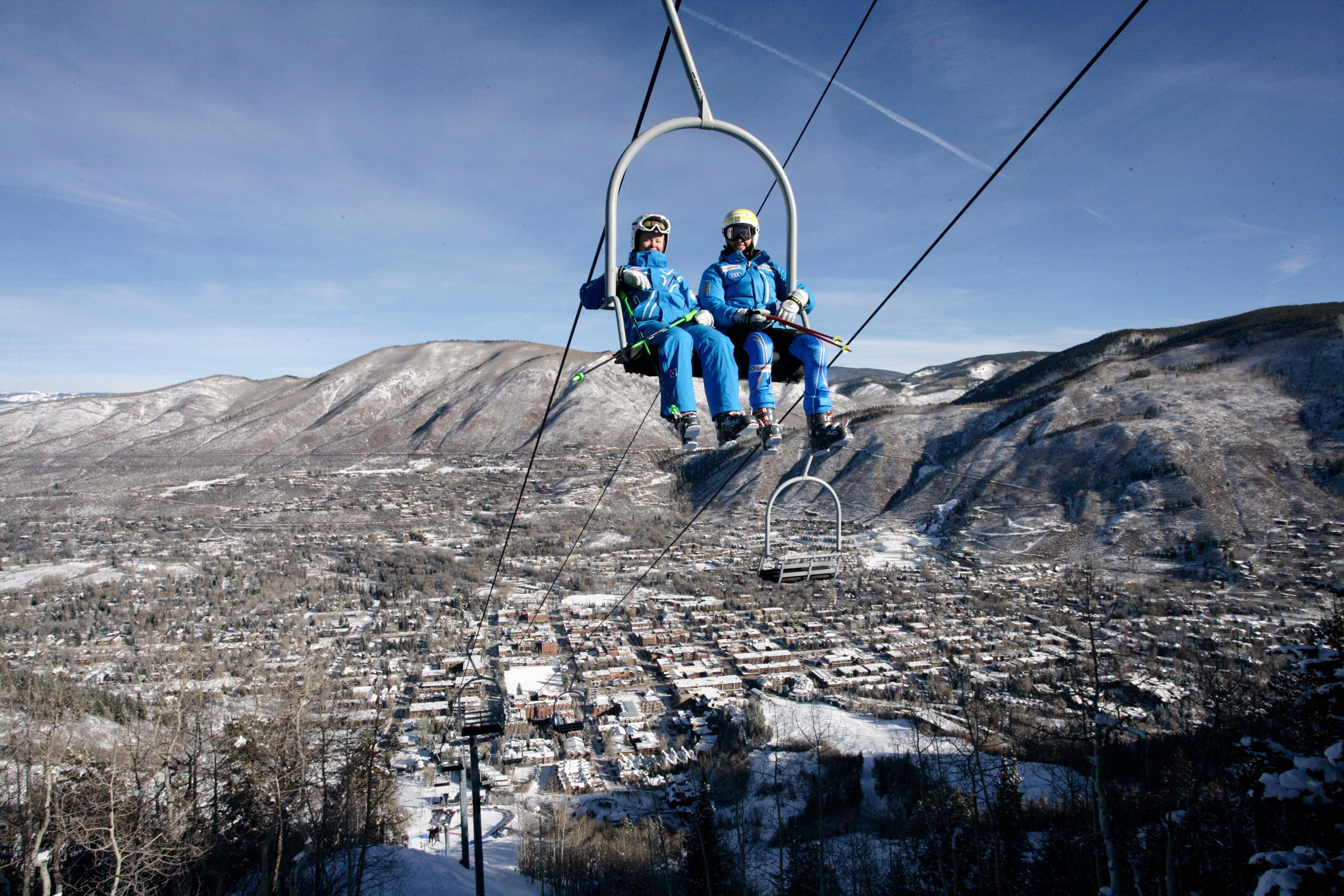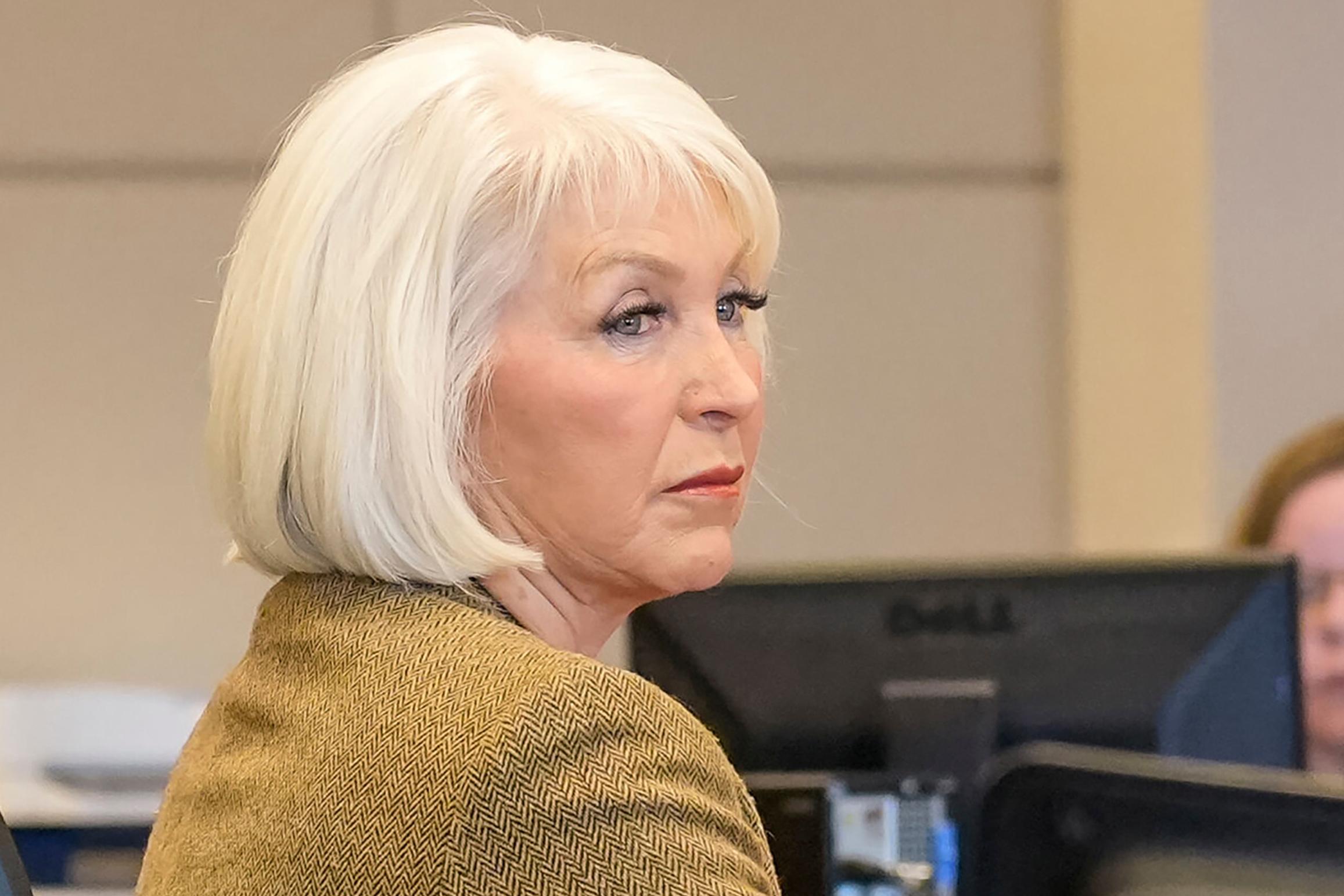

Ski areas in Colorado's White River National Forest paid more than $20 million in fees to the U.S. Forest Service last fiscal year, but none of that money is directly reinvested in maintaining the nation's most-visited recreation forest.
The reason: Wildfire.
The Aspen Times reports that the fees, paid by 11 ski areas for the fiscal year ending Sept. 30, go to a Forest Service that is spending more and more to fight catastrophic wildfires. Forest Service officials anticipate that two-thirds of the agency's entire budget will go to firefighting by 2025.
That leaves less and less for trails, campgrounds and other services in the White River, with 2.3 million acres, eight wilderness areas and 10 mountain peaks that surpass 14,000 feet. The forest receives more than 10 million visitors a year.
"We're hurting everywhere. More and more is going to fire," forest Supervisor Scott Fitzwilliams said.
White River's annual budget is about $18 million, compared to more than $30 million in 2009.
None of that $18 million comes from ski areas. About $16 million is appropriated by Congress, and $2 million comes from visitor fees, such as season passes for the Maroon Bells Scenic Area, and fees paid by outfitters and guides conducting commercial trips such as backpacking, rafting and horseback riding.
Ski area fees are determined by skier visits, the amount of public land occupied by a ski area, area revenues and other factors. The $20 million is a record for White River, up slightly from the previous fiscal year.
Vail Resorts paid nearly $16 million for four ski areas; Aspen Skiing Co. paid more than $2.4 million for another four. Skico paid $1.6 million for Snowmass and nearly $106,000 for Aspen Mountain, much of which sits on private land.
Efforts to allow national forests to retain ski area fees have lagged. Bipartisan legislation known as the proposed Recreation Not Red-Tape Act would allow national forests to keep some ski area fees, but it's not made much progress in Congress.
Republican U.S. Rep. Scott Tipton, whose 3rd Congressional District includes Aspen, supports the bill, as does the Colorado Ski Country USA trade association.







